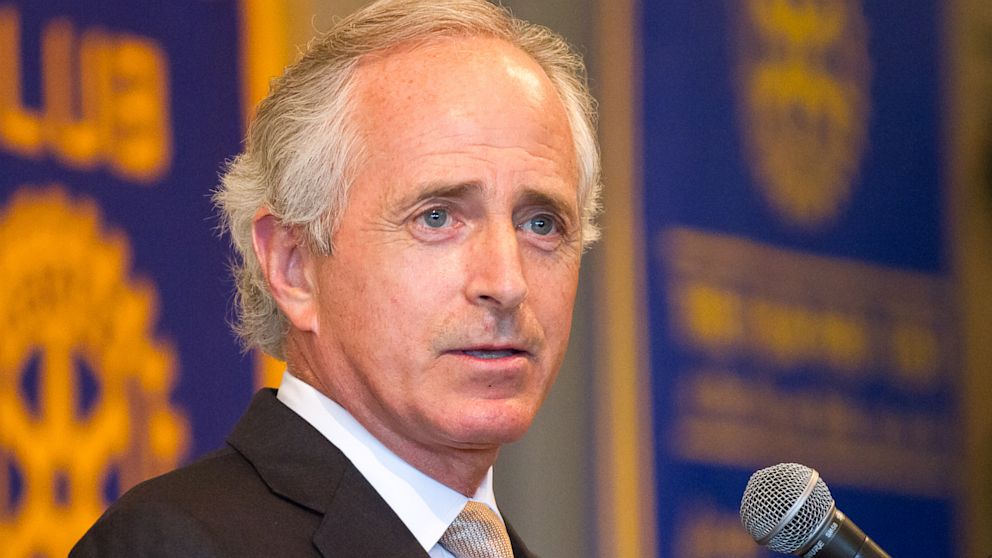'This Week' Transcript: Sen. Bob Corker and Rep. Eliot Engel
Two key Congressional voices discuss the violence in Egypt.

New York, August 18, 2013— -- A rush transcript of "This Week with George Stephanopoulos" airing on Sunday morning, August 18, 2013 on ABC News is below. This copy may not be in its final form and may be updated. All excerpts must be attributed to ABC News "This Week with George Stephanopoulos"
STEPHANOPOULOS: Good morning. And welcome to This Week.
A country in crisis: a new crackdown in Egypt. Could civil war be next for this key U.S. ally? Is there anything America can do to stop it? We're on the ground with breaking details.
Republican family feud.
(BEGIN VIDEO CLIP)
NEWT GINGRICH, FRM. SPEAKER OF THE HOUSE: Welcome to politics. It's a tough business.
(END VIDEO CLIP)
STEPHANOPOULOS: Politico calls this the GOP's eve of destruction. This morning the party chair is here.
And the uproar over stop and frisk. Have police gone too far, or is it keeping cities safe? New York's top cop weighs in.
Plus the powerhouse roundtable on the week's politics right here this Sunday morning.
ANNOUNCER: From ABC News, This Week with George Stephanopoulos starts now.
STEPHANOPOULOS: Good morning. We have grand new developments right now from Egypt after a week that's killed hundreds, injured thousands. The military government now considering a dramatic move, outlawing the Muslim Brotherhood. But with Brotherhood supporters vowing to keep their protests going, this could push Egypt right to the edge of civil war.
ABC's Muhammad Lila is in Cairo with all the latest. Good morning, Muhammad.
MUHAMMAD LILA, ABC NEWS CORRESPONDENT: Good morning, George.
The mood on the streets is tense. There are police, there are soldiers, there are armored personnel carriers on nearly every major street as this city braces for at least nine more protest marches set to begin within the next hour.
Now despite the recent very bloody crackdown, the Muslim Brotherhood is showing its defiance, showing and proving in many recent cases that they are willing to fight to the death if it means bringing back their ousted president Mohamed Morsi.
STEPHANOPOULOS: So Muhammad, is there a sign that either side is willing to back away from this precipice and negotiate a solution?
LILA: Well, George that's a very good question. And this is where it gets very dangerous. Both sides see this as an existential conflict. In other words, they see themselves as fighting for their very survival.
The government and the military say they are now fighting terrorists, Islamic extremist who are hell bent on bringing this country to its knees. The Muslim Brotherhood, for its part, says they are still the legitimate representatives of the people of this country because they won the last election, albeit by a very slim majority.
So both sides don't seem to have any middle ground, and many are predicting that things will get far worse before they get better if they even get better at all.
STEPHANOPOULOS: OK, Muhammad, thanks very much. I'm joined now by ABC's chief global affairs correspondent Martha Raddatz.
And Martha, this has been -- this crisis unfolding for months, and it's been kind of a case-study in U.S. impotence. When the Brotherhood is in, the United States tries to press them to open up. They don't. The military comes in. The president condemns the crackdown. That makes no difference either.
MARTHA RADDATZ, ABC NEWS CORRESPONDENT: We seem to have absolutely no leverage in Egypt. We have seen no change. Everything the U.S. asks for, nothing happens. And that's what's happened over the last few weeks.




